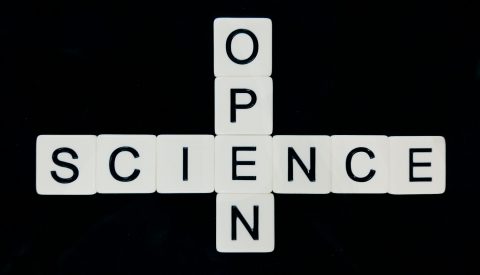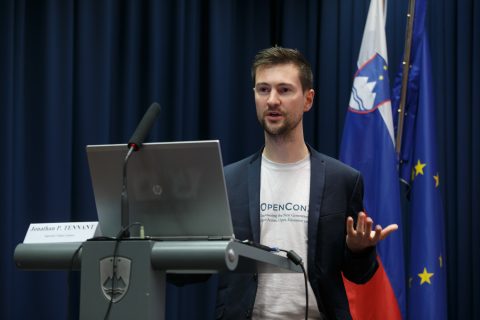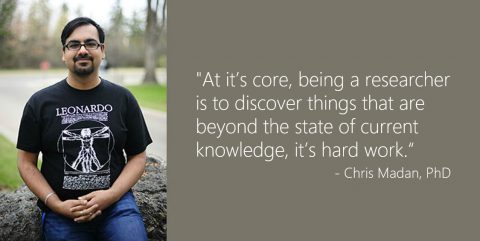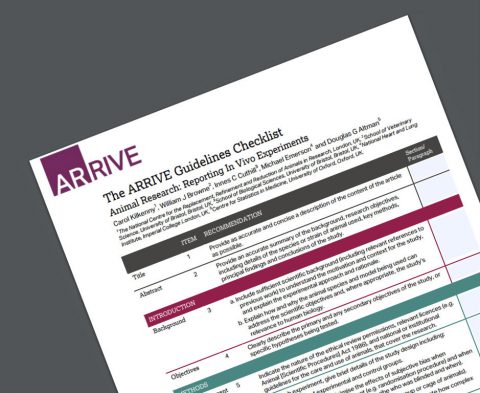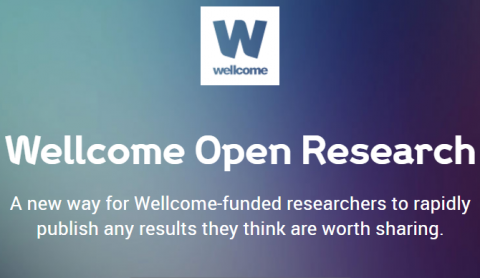Michael Hanke has published three articles about Studyforrest – a neuroscience project involving the film Forrest Gump – on F1000Research. In this guest blog, he explains to us what the project is about and how it relates to the the multi-award winning film.
Our Editorial Director, Sabina Alam, discusses what is different about our peer review model. She highlights how we have put authors in control of the peer review process and ensure that all reviewers get credit for their work.
Looking for something interesting to read while you wait on an experiment? Treat yourself to a 10 minute break and catch up with all that’s been happening in the world of Open Science! The Chan Zuckerberg Biohub has selected its first cohort of 47 investigators and is requiring them to share their work as pre-prints.…
Recently an Opinion Article ‘Fairness in scientific publishing’ by Philippa Matthews, University of Oxford, passed peer review on F1000Research after the publication of version 2. Both versions were openly peer reviewed by three reviewers, one of whom was Gustav Nilsonne, Karolinska Institute. In this blog, both discuss what the FAIR Principles – Findable, Accessible, Interoperable, and Re-usable – mean for authors, reviewers, readers and publishers.
From pre-registration to preprints – take a quick break from your experiments and catch up with what’s happening in the world of open science.
Jon Tennant is our “F1000 Specialist of the Month”. He recently finished his PhD on mass extinction at the end of the Jurassic at Imperial College London. Throughout his PhD, he has campaigned for better ‘open research’ practices and published an article justifying the reasons for open access. He is the Communications Director for ScienceOpen, part of the Open Leadership Cohort of the Mozilla Science Lab and the Open Knowledge Leadership team, a freelance science writer and consultant, and wrote the kids book Excavate Dinosaurs!
Looking for something interesting to read while you wait on an experiment? Treat yourself to a 10 minute break and catch up with all that’s been happening in the world of open science!
Christopher Madan is our “F1000 Specialist of the Month”. He obtained his PhD in Psychology from the University of Alberta in Canada, studying the influence of rewards on memory and decision making. More generally, Chris studies factors that make some experiences more memorable than others, using approaches from cognitive psychology, neuroimaging, and computational modeling. Chris is currently a postdoctoral research fellow at Boston College.
The IICARus study is seeking volunteers to help assess the impact of the ARRIVE guidelines on the quality of reporting of in vivo research. Contributors will be listed as authors on the resulting publications. If you are interested in helping you can sign up here. For research involving animals to be as scientifically and ethically…
The first articles have gone live on Wellcome Open Research today; 15 of them in total, with more submissions in the pipeline. The breadth of articles received so far starts to show just how broad these outputs can and should be (not just traditional narrative research articles). It also shows benefits of using such a platform for researchers across career stages, from those just starting out to more experienced and tenured researchers. This is a fantastic start!






